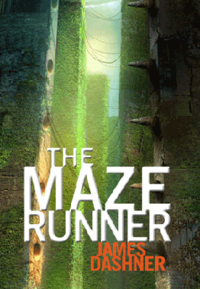The Fairy Gazette
Exclusive interview with the dwarf Bombur
by our very own Cornelius Milton III
C: So, Bombur, I hear you were part of the quest to kill Smaug.
B: That I was.
C: How did it make you feel, knowing that you were a part of something so important?
B: I don't know. I never really thought about it too much-I mostly just wanted some food.
C:In all your long travels, did you ever feel all hope was lost?
B: Absolutely. Every time we missed a meal I felt like the world would end. And the dragon was pretty scary too.
C: What were your feelings after you learned Thorin was dead?
B: I guess I felt kind of sad...But I never really liked him anyway.
C: How do you respond to the rumors that Balin cheated you out of some of your share of the treasure?
B: I can (expletive) well believe it. He always was a sneaky little (expletive).
C: In Bilbo's memoirs he never mentioned you were so foulmouthed.
B: Of course I'm foulmouthed: I'm a (expletive) dwarf. And you shouldn't believe everything Bilbo writes. That book of his makes him seem a lot more heroic than he really was. And I didn't get nearly the credit I deserved.
C: No offense, Bombur, but you don't seem to have a heroic-erm-build.
B: ARE YOU CALLING ME FAT?
C: No, no, I'm just saying...
B: I am SICK of people calling me fat. All the other dwarves always made me go last because I was too (expletive) fat.I am NOT taking this from people anymore!
C: Okay okay, calm down a bit now...
B: I will NOT calm down!I can be mad If I (expletive) well want to be! Now get out of here or I'll-I'll
C: Hey now, I just want to ask a few more questions.
B: AAARRRGGGHHH!!!
C: This concludes my (ow!) exclusive interview with (oof!) the dwarf Bombur (ouch!)










